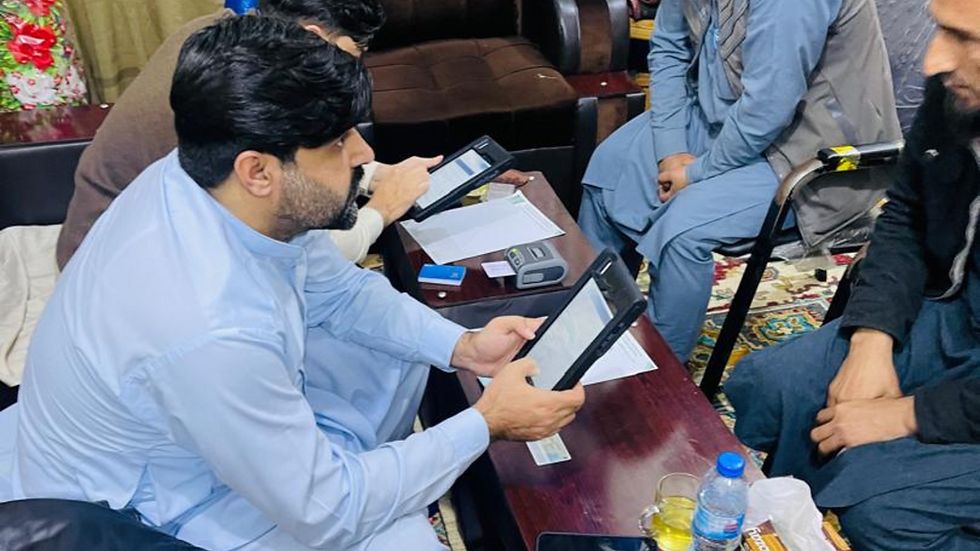GhIPSS (Ghana Interbank Payment and Settlement System)
- Paycode

- Mar 14, 2024
- 3 min read
Updated: Oct 13, 2025

The Bank of Ghana selected Paycode’s EDAPT technology to provide a turnkey solution for a National Payment Switching & Settlement System for Ghana, enabling a common platform for all electronic payments as well as broadening the scope for branchless banking across the country. GhIPSS (Ghana Interbank Payment and Settlement System), a subsidiary of the Bank of Ghana, was established to manage the national switch (e-zwich). The system ensures the delivery of services, financial and non-financial to the unbanked, under-banked and banked segments of the population in Ghana. The system was launched on 28th April 2008 by the president in Accra.
Ecosystem
Paycode’s EDAPT technology powers GhIPSS, the national payment platform established to run the eZwich domestic (closed-loop) payment scheme. The ecosystem includes 27 financial institutions, 127 community and savings banks, 8000 POS devices and 3 million cards. Since the launch in 2008, Paycode has assisted the central bank of Ghana to improve the functionality of the ecosystem by adding innovative new products and solutions including:
The Gemalto Dual Card, a smartcard that enables virtual wallets for both the eZwich card payment scheme and EMV card payment scheme to co-exist on the same biometric smartcard.
Inbound remittances from the UK to Ghana, enabling people to send money directly to the eZwich card of their families in Ghana.
Insurance products
Airtime vending
Elimination of ghost workers from the national payroll. Most government employees in Ghana are paid their salaries to their eZwich cards every month. When the National Service Personnel department implemented Paycode’s EDAPT solution for salary payments, they were able to eliminate 35 000 ghost workers from the payroll (about 47% of the payroll), which resulted in a savings of $35 million a year.
Payment of agri-loans and grants to Ghanaian cocoa farmers. The farmers are able to receive payment for the produce on their eZwich cards, giving them access to a wide range of financial services including cash-outs, money transfers, savings and microloans.
Civil servant wage payments
Introduction of mobile money interoperability
Mobile Money Interoperability
In a report on mobile money interoperability by GhIPSS, CEO Archie Hesse announced that since its launch in May 2018, volume of cross network mobile money transactions continued to rise indicating the impact of mobile money interoperability. By August 2019 transaction volume had reached almost 800,000 transactions per month. In its first month of operation, less than 100,000 transactions took place but increased to a little over 190,000 in June. There were 280,000 transactions in the month of August 2018.
Before mobile money interoperability was introduced, transactions from one network to another through what was called the token system were about 90,000 transactions per month on average indicating that cross network transactions have gone up by over 200 percent compared to the token system. The launch of mobile money interoperability made seamless transfer of funds from one mobile network to another possible. People can now send money to another person on a different mobile network from their own phones.
It has also become possible for people to transfer funds from their mobile money wallets to their bank accounts without physically going to a bank. Mr Hesse said mobile money interoperability had deepened financial inclusion in Ghana and said cross network mobile money transactions worth GH¢72 million were recorded between May and August 2019. He was optimistic the growth in volume would continue in subsequent months.
Paycode has been a close partner to GHIPSS since their inception, and continues to support the central bank of Ghana with the growth and expansion of innovative technology solutions, as well as ongoing maintenance, support and improvements to the eZwich ecosystem.



